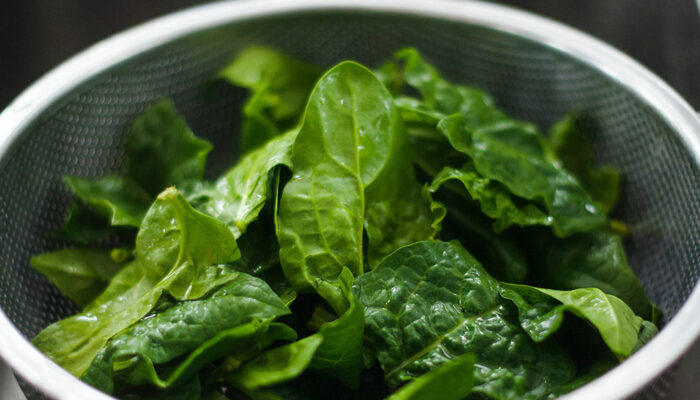
Lifestyle Changes for Managing Ovarian Cancer
Inability to eat, irregular menstruation, and urinary issues are a few of the many signs of the later or the advanced ovarian cancer stage. It is when cancer has already entered the abdomen and pelvis. There are certain lifestyle changes for managing ovarian cancer, which lower your risk of developing cancer or help you manage the symptoms when you already have cancer.
Eat a healthy and nutritious diet
In general, eating a healthy diet is always a prerequisite. However, when you are undergoing cancer treatment, a healthy diet is of prime importance. A healthy diet helps improve your well-being and boosts your physical strength. You must add a lot of fresh vegetables and fruits to your diet. A prominent study suggests that you must add at least 2.5 cups of fruits and vegetables to your diet every day. As such, no vegetable or food can prevent or cure cancer. However, the vegetables and fruits are loaded with fiber, antioxidants, vitamins, and minerals, making the body stronger to fight several diseases.
Quit smoking
Several toxic chemicals are introduced into your body when you smoke, which may hamper your on-going cancer treatment. Smoking also aggravates the overall complications following the treatment and slows down the healing process. So, when you leave smoking, the body puts itself in repair mode. Further, quitting boosts your immune system, helps fasten the recovery, and gives the body the strength to fight it.
Breastfeed
The only possible lifestyle change for managing ovarian cancer or reducing it is lowering the ovarian ovulation number. It can be done either by breastfeeding or by taking birth control pills.
Lower your chances of getting an infection
The treatment that you undergo for cancer suppresses your immune system. It puts you at risk of infections. These might even increase the severity of the usual infections, such as flu or cold. To lower your risk of infections, you must be careful while undergoing treatment. For this, you should:
- Wash your hands frequently. It is one of the best ways to reduce the risk of catching infections like flu and cold. It would be best if you carried a hand sanitizer to sanitize your hands when washing is not an option.
- Avoid large crowds, especially when the flu and the cold season is going on.
- Do not touch your mouth, nose, and eyes when you contact any unknown object or surface.
- Disinfect and clean the objects and surfaces frequently.
- Get vaccinated against pneumonia and flu.
Get adequate sleep
A common sign of on-going cancer treatment is fatigue. It can affect your quality of life. Though your energy levels will improve over time, you must recharge and refresh your body by getting a proper good night’s sleep. It will give you the required strength and help you get through the day.



